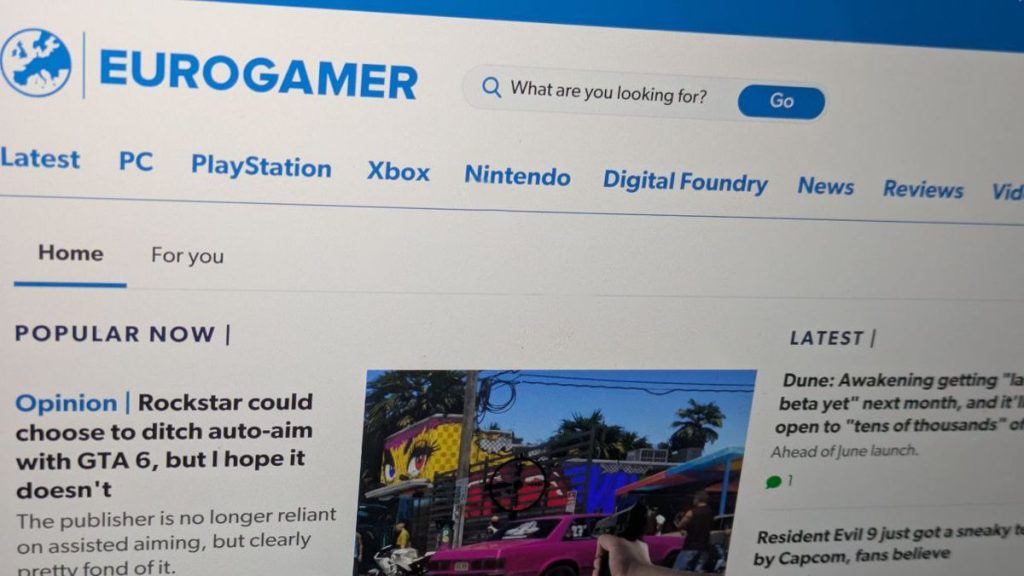Photo Credit: Ashley King
Media conglomerate Ziff Davis is suing OpenAI for copyright infringement. The suit alleges that OpenAI “intentionally and relentlessly” exploited Ziff Davis’s copyrighted content to train its AI models without authorization or compensation.
Ziff Davis is one of the largest digital publishers in the U.S., overseeing more than 45 media brands and employing 3,800 people. The brand’s gaming portfolio includes some of the biggest sites in the gaming ecosystem, including IGN, GameSpot, GameFAQs, Humble Bundle, and Eurogamer. The conglomerate is also responsible for brands like PCMag, Mashable, Lifehacker, CNET, RetailMeNot, and others.
According to the complaint, OpenAI allegedly ignored explicit instructions to keep its web crawlers off Ziff Davis sites and even stripped copyright notices from the content it aggregated. Ziff Davis claims that OpenAI’s use of its content in training datasets resulted in ChatGPT generating ‘identical reproductions’ and derivative works, undermining the publisher’s ability to monetize its articles while harming the brands’ reputations.
The Ziff Davis lawsuit is part of a growing wave of legal actions taken by media companies, authors, and artists challenging AI companies over the use of copyrighted materials in training data. In the music industry, publishers and artists alike have raised alarms about AI models ingesting and reproducing copyrighted lyrics, melodies, and recordings.
Recent court decisions, such as a federal judge denying music publishers’ requests to block Anthropic from using copyrighted lyrics, highlight the unsettled nature of this legal frontier. If Ziff Davis prevails in this lawsuit, it could set a precedent requiring AI companies to obtain licenses or compensate rights-holders—potentially reshaping how AI interacts with news, music, and other creative industries.
The case mirrors one against Meta where court documents show that Meta researchers downloaded over 81.7 terabytes of books and research papers from online shadow libraries like LibGen and Anna’s Archive. Internal communications revealed that Meta executives were aware of the legal and ethical risks associated with obtaining licensed content from pirate sources. They attempted to conceal their piracy by avoiding the use of Facebook servers for downloads and minimized the digital footprint of their actions. CEO Mark Zuckerberg reportedly approved the use of these illicit datasets.
Content shared from www.digitalmusicnews.com.

